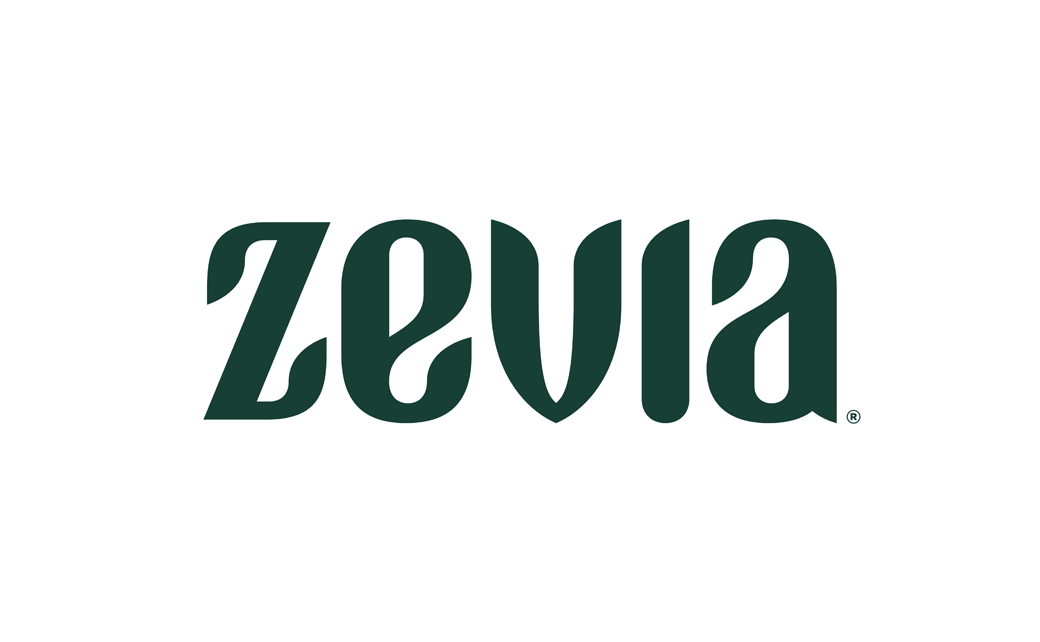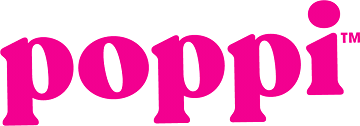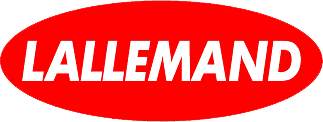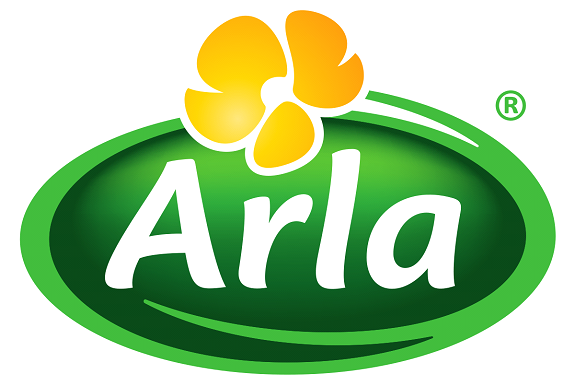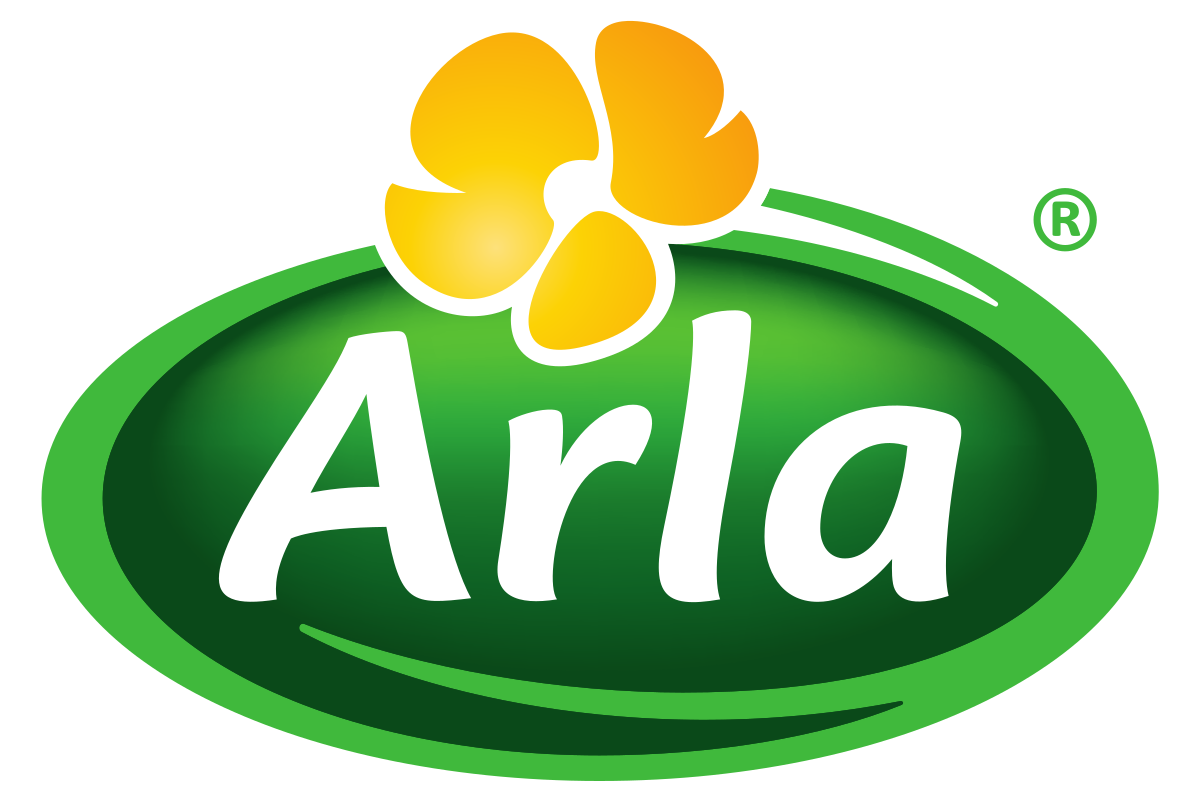Articles
Filter By
Filter By
Filter By .png)
Filter By Industry
- All
- Food & Snacks
- Food Tech
- Health & Beauty
- Non-Alcoholic Beverages
- Packaging
Filter By Topic
Apply
- All
- Business
- Business & Leadership
- Business Solutions
- Business Tips
- Candidate Advice
- Career Advice
- Consumer
- Diversity
- Employee Brand
- Employer Branding
- Featured
- Hiring & Talent Strategy
- Insider
- Leadership
- Protis Global News
- job search



